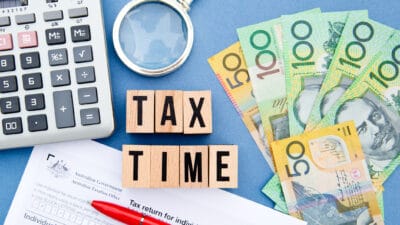Do you know what your magical finance number is?
By that, I mean: Do you know how much you need to retire on comfortably?
There are two common ways of working out how much you need to retire. The easier thing to calculate is just using a dividend yield. For example, if you create a portfolio with a 5% dividend yield and you want $50,000 of annual income in retirement then you need $1 million to retire and you can just live off the dividends.
The other method is trying to figure out what a 'safe withdrawal rate' is. The idea is that you can withdraw approximately 4% of your portfolio each year in retirement. You could say that you need 25 times your annual (desired) expenses to fund your retirement. This might be why Magellan Global Trust (ASX: MGG) chose a 4% distribution yield as its target. People often think of ETFs like Vanguard MSCI Index International Shares ETF (ASX: VGS) and iShares S&P 500 ETF (ASX: IVV) for this method of retiring.
With either method of retirement planning, you are at the mercy of sequencing risk where there's a painful recession just after you retire and you have to dig into more of your capital than the spreadsheet allowed.
I prefer the idea of focusing on dividends over withdrawing a percentage of my portfolio each year because dividends have historically proven to be more reliable than earnings and share prices, particularly in downturns.
Why a financial plan is important
When you're a few years away from retirement you can't just magically create more money out of thin air. It needs to have been saved throughout your life. So, if you're aiming for $1.25 million then it could be a good idea to work out if you're on track and what you need to do to hit that target.
Compound interest calculators like this one from Moneysmart can be great to help you work out how much you'll have in a few decades from now. It's probably a good idea to slightly lower your investment expectations going forwards with how high valuations are at the moment, so it could be wise to put 8% or 9% as the investment/interest return rather than 10% (or higher). It's better to underestimate your wealth and have a little too much than overestimate and have too little at the end.








